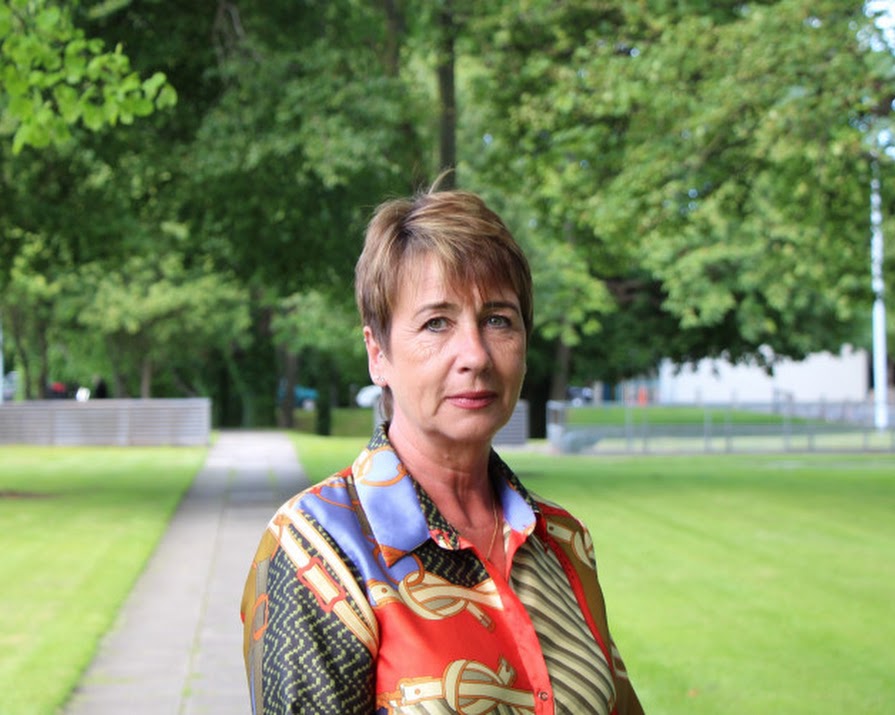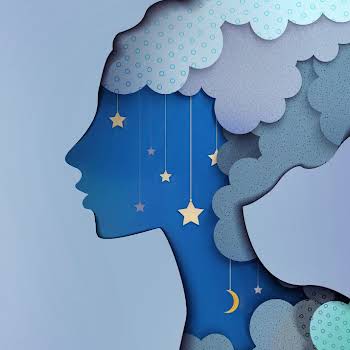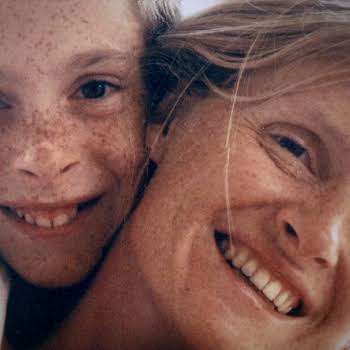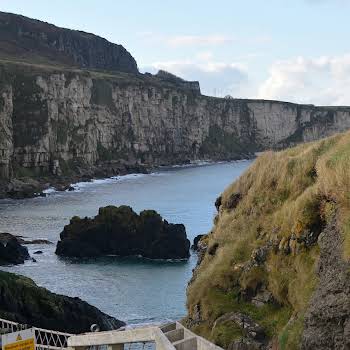
By Erin Lindsay
17th Jun 2019
17th Jun 2019
Majella Moynihan has been the name on everyone’s lips after a harrowing documentary aired on RTÉ Radio One on Saturday. But what is Majella’s story, and why should we all be paying attention?
Over the weekend, a new episode of RTÉ Radio One’s Documentary on One aired to a massive response across the country. The subject was the life of one woman, Majella Moynihan; a former Garda who became pregnant out of wedlock in the 1980s. She spoke about the way she was treated during and after her pregnancy by the Garda forces.
Majella’s Story
Moynihan, from Kanturk, Co Cork, became pregnant after becoming involved in a relationship with another male Garda recruit. She rejected the father’s marriage proposal, and he then made it clear that he would not be involved in the baby’s life.
At around four months pregnant, Moynihan was called in to meet with her District Officer, and spoke of the pressure she felt to give the child up for adoption.
“I sat in his office, I told him that I was pregnant and the first question he asked me was, ‘Who is the father of your child?’
“He said, ‘Is he a guard?’ And I said, ‘he is’, and straight away, he got out a pen and he wrote down his name,” Moynihan recalled in the documentary. Later, she said: “The pressure came from every angle to adopt – it came from the Gardaí, it came from Cura and it also came from the social worker.”
‘I wanted to grab him and run’
In May 1984, Moynihan gave birth to a healthy baby boy, David, but gave him up for adoption. He was initially placed in foster care before being officially adopted in December of that year. She said, “I left the hospital on June 1, and I left my son behind.
“The next day I went into the hospital and he was in the nursery and I asked the nurse could I hold him and she said no. I remember staring into the nursery, just wanting to grab him and run. I didn’t know where I was going to run. That pain is still like it was yesterday.”
Upon returning to work in September 1984 after a period of maternity leave, Moynihan was charged with two breaches of Garda discipline; one for having sex with another Garda out of wedlock, and another for giving birth to a child out of wedlock. She was accused of “conduct prejudicial to discipline or likely to bring discredit on the force.”

The Archbishop of Dublin intervened with Moynihan’s convictions, advising the Garda Commissioner that, if Moynihan was convicted, it may encourage other women in similar circumstances to go to the UK to seek abortions. In 1985, Moynihan was summoned to a hearing regarding the conduct of the father of her child, where she had to testify about her sexual history. The father was fined £90 for his conduct.
Keeping her job, Moynihan remained a Garda for 15 years before taking early retirement in 1998.
Speaking about her internal anguish at the time of her pregnancy, Moynihan said:
“Looking back at me now as that 21-year-old, 22-year-old, I was a lost soul. I was portraying to the civilian out on the streets that I was a wonderful, carefree person and inside I was dying”.
The aftermath
Moynihan’s story sparked nationwide attention after its initial airing Saturday, with hundreds of listeners taking to social media to voice their support of the former Garda.
Moynihan herself, speaking to RTÉ, said she was ‘overwhelmed’ with the response. “I kept the secret for so many years, it was so much shame and now it’s no longer my story of shame, it’s their shame.
“I feel vindicated, I feel believed, people know me now in my truth. I know no one can make you feel anything now but back then they did, they made me feel that small.”
Since its airing, the current Garda Commissioner Drew Harris and Minister for Justice Charlie Flanagan have both issued apologies to Moynihan. Minister Flanagan said, “Ms Moynihan faced an appalling ordeal at a time in Ireland that was sadly too often characterised by stigma and intolerance”, and that what had happened to her “was clearly wrong on every level”.
Moynihan has been critical of the response from the Commissioner and Minister, saying that she wants a “face-to-face” apology from the parties. Speaking to RTÉ, Moynihan expressed that although she welcomed their public apologies, she felt they should have come to her with a personal one first.
You can listen to the episode The Case of Majella Moynihan on the RTÉ Player.
Featured image: RTÉ























